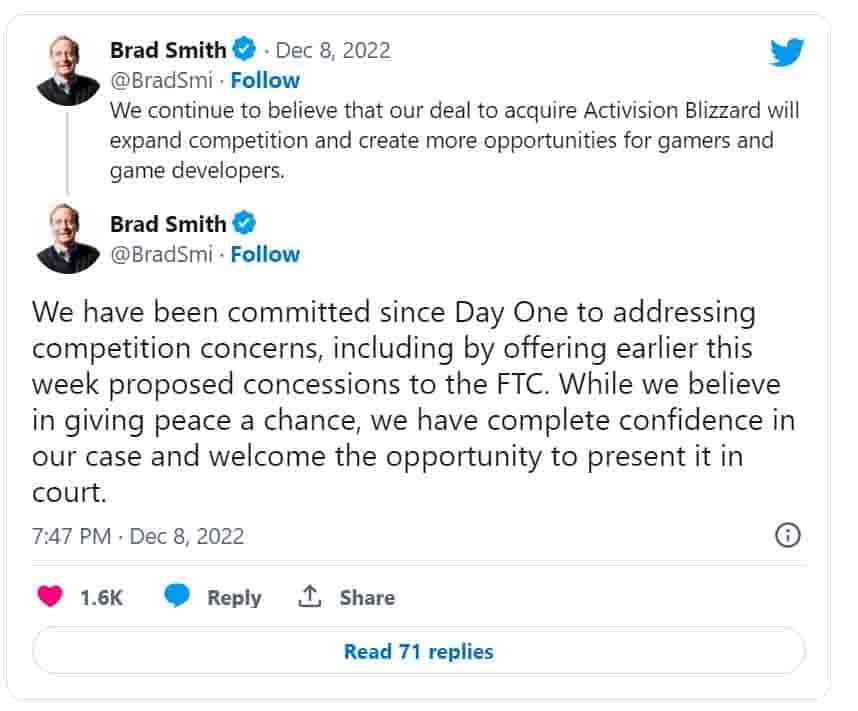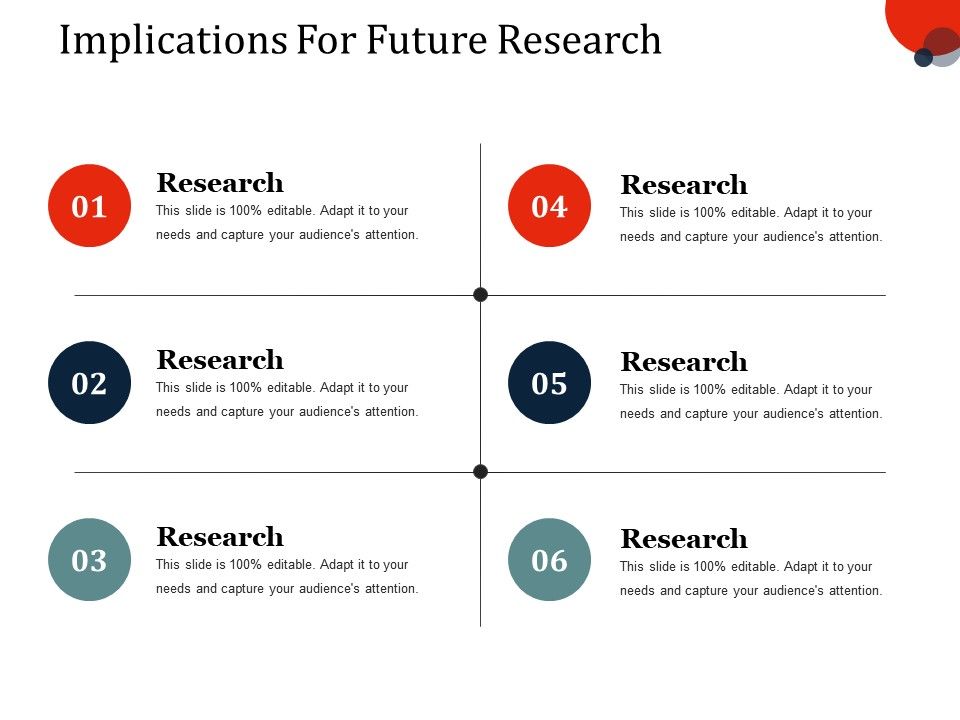FTC Challenges Court Ruling On Microsoft's Activision Blizzard Purchase

Table of Contents
The Court's Initial Decision and its Rationale
A US District Court initially ruled in favor of Microsoft, allowing the $69 billion acquisition of Activision Blizzard to move forward. The judge's reasoning centered on the belief that the merger was not likely to substantially lessen competition within the gaming market. Microsoft and Activision Blizzard successfully argued that their combined market share, while significant, wouldn't create a monopoly capable of stifling innovation or harming consumers.
- Key arguments used by Microsoft to defend the merger: Microsoft emphasized its commitment to keeping Activision Blizzard games like Call of Duty available on multiple platforms, including PlayStation. They presented evidence of their ongoing investments in cloud gaming and their intention to expand access to gaming for a wider audience.
- Judge's key findings in favor of Microsoft: The court found that Microsoft's proposed remedies, such as ensuring Call of Duty remains available on PlayStation, were sufficient to address potential competitive concerns. The judge also weighed the potential benefits of the merger, such as innovation and expansion of the gaming market.
- Legal precedents cited in the court's decision: The ruling referenced several previous antitrust cases, focusing on precedents related to mergers in the tech industry and the burden of proof required to demonstrate a substantial lessening of competition. The court cited cases where previous mergers had been allowed despite concerns from regulators.
The FTC's Appeal and its Arguments
The FTC, however, is not backing down. They have appealed the court's decision, arguing that the judge’s assessment failed to adequately address the potential anti-competitive effects of the merger, particularly concerning the future of Call of Duty. The FTC contends that Microsoft's ownership of Activision Blizzard would allow them to leverage the immense popularity of Call of Duty to gain an unfair advantage over competitors, potentially stifling innovation and harming consumers.
- FTC's main arguments against the merger: The FTC argues that the court underestimated the potential for Microsoft to make Call of Duty exclusive to Xbox, harming PlayStation's competitiveness. They also point to concerns about Microsoft's market power in cloud gaming and the potential for anti-competitive behavior in other areas.
- Evidence presented by the FTC to support its claims: The FTC presented internal Microsoft documents and testimony from industry experts to support its claims. This evidence aimed to demonstrate that Microsoft’s assurances about Call of Duty's future availability were not credible.
- Potential consequences of the merger on competition: The FTC argues that Microsoft's control over Activision Blizzard's titles, including Call of Duty, could lead to higher prices, reduced innovation, and less choice for gamers.
Potential Outcomes and Implications
The outcome of the FTC's appeal remains uncertain, with significant implications for both the companies and the broader gaming landscape.
- Possible scenarios if the FTC wins the appeal: If the FTC is successful, the merger could be blocked entirely, forcing Microsoft to abandon its acquisition of Activision Blizzard. This would represent a significant victory for antitrust enforcement and could reshape the future of large-scale tech mergers.
- Potential consequences if the appeal is unsuccessful: If the appeal fails, Microsoft will complete its acquisition of Activision Blizzard. This could solidify Microsoft's position in the gaming market, setting a precedent for future consolidation within the industry. It may also impact how future tech mergers are regulated.
- Impact on future regulatory oversight of tech mergers: Regardless of the outcome, this case will significantly influence how regulators approach future mergers in the tech sector. The FTC’s challenge demonstrates a renewed focus on antitrust enforcement and a willingness to challenge powerful tech companies.
The Role of Call of Duty in the FTC's Argument
Call of Duty's immense popularity makes it a central piece of the FTC's argument. The FTC argues that Microsoft could leverage its control over the franchise to stifle competition by making it exclusive to Xbox, or offering it on competing platforms under significantly unfavorable conditions. This could negatively impact PlayStation's market share and restrict consumer choice. The potential for Call of Duty exclusivity represents a key concern regarding gaming console competition and the broader balance of power in the industry. The arguments surrounding Call of Duty's availability on PlayStation vs Xbox have become a major focus of the entire legal battle.
Conclusion
The FTC's challenge to the court's decision regarding the Microsoft Activision Blizzard acquisition highlights a significant ongoing battle within the realm of antitrust law and the gaming industry. The potential outcomes carry substantial implications, impacting not only the future of Microsoft, Activision Blizzard, and the gaming market but also the way future mergers and acquisitions in the tech sector are regulated. Stay informed about this evolving legal battle impacting the gaming industry and follow further developments regarding the FTC challenges Microsoft Activision Blizzard merger. The future of gaming competition may depend on the outcome of this case.

Featured Posts
-
 One Child Missing Another Injured Train Kills Two Adults On Railroad Bridge
May 21, 2025
One Child Missing Another Injured Train Kills Two Adults On Railroad Bridge
May 21, 2025 -
 Goretzka In Germany Nations League Squad Nagelsmanns Selection
May 21, 2025
Goretzka In Germany Nations League Squad Nagelsmanns Selection
May 21, 2025 -
 Alissons Performance Slot And Enrique Offer Insights After Liverpool Match
May 21, 2025
Alissons Performance Slot And Enrique Offer Insights After Liverpool Match
May 21, 2025 -
 Arne Slot Did Liverpool Get Lucky Against Psg Goalkeeper Debate Reignites
May 21, 2025
Arne Slot Did Liverpool Get Lucky Against Psg Goalkeeper Debate Reignites
May 21, 2025 -
 Bp Ceos 31 Pay Cut Impact And Future Implications
May 21, 2025
Bp Ceos 31 Pay Cut Impact And Future Implications
May 21, 2025
